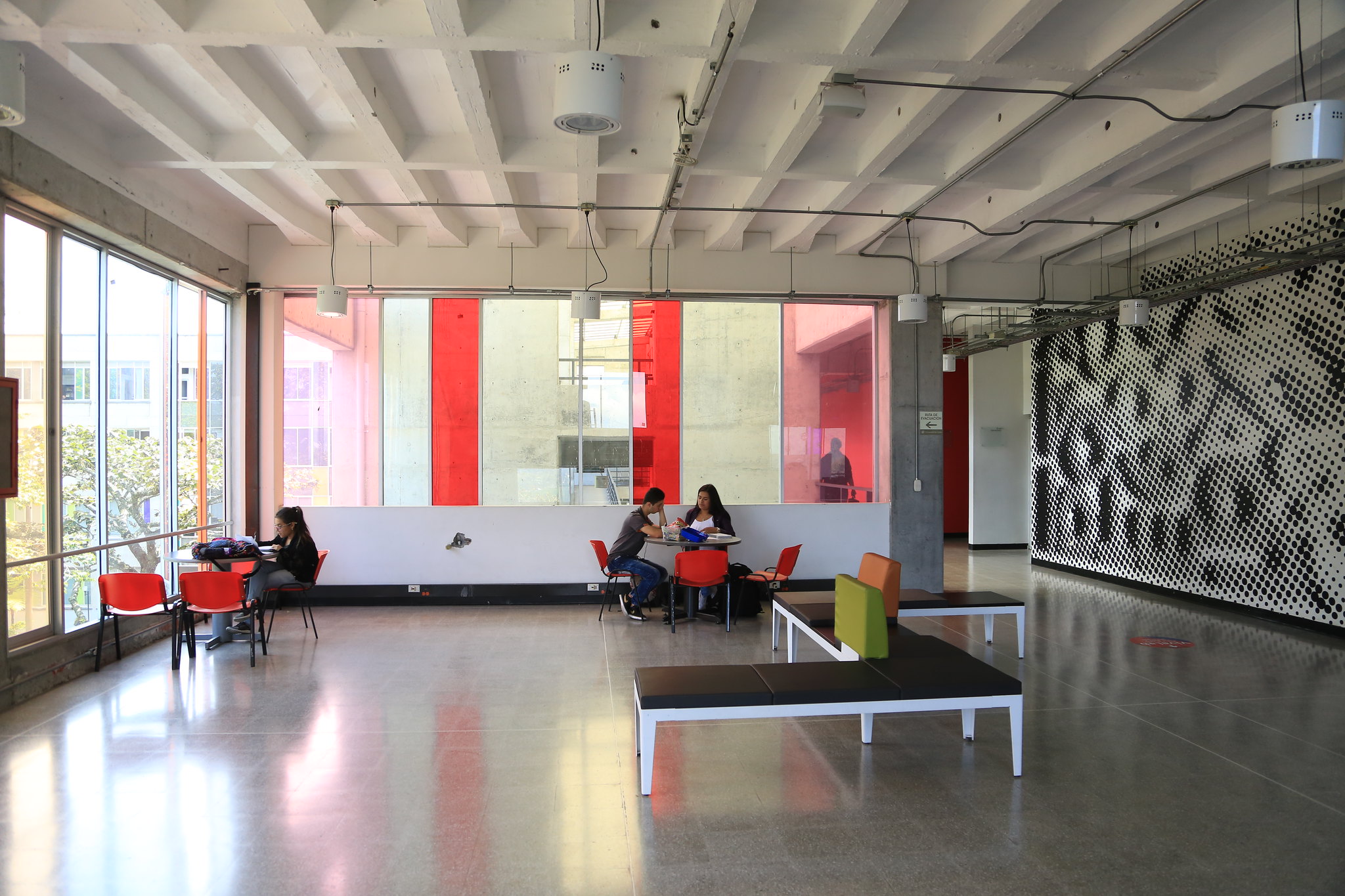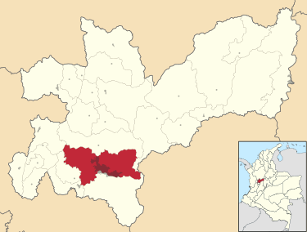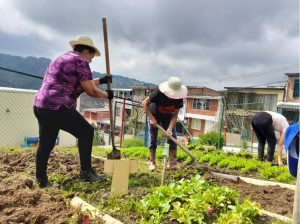During its 75 years of operation, it has contributed to the generation, appropriation, diffusion, and application of knowledge through curricular, investigative, and projection processes to the solution of regional and national problems. The University has worked for the sustainable development and integration of western center Colombia.
The institution has re-accreditation of high quality, ranked 14 for its quality under the Higher Education Indicators Model (MIDE), of the Colombian Ministry of Education.
The University has 69 research groups recognized by the Ministry of Science, Technology, and Innovation, 42% of the groups were classified in categories A and A1 distributed among its six faculties: health sciences, agricultural sciences, engineering, arts and humanities, legal and social sciences, and exact sciences. The collaborative work of these groups with the 182 Research Seeds and the 4 Research Institutes in Agricultural Biotechnology, Health, Social and Human Sciences, and Stratigraphy, ranked The University of Caldas in tenth place in the U-Sapiens ranking. 8 granted patents, 7 in process in Colombia, 2 in process via PCT and 1 in process the USA.
What has done your institution concerning social innovation? What does your institution understands social innovation?

Today in a globalized world, the University faces the challenge of reinventing itself to fulfill the purpose of being an agent of change and social transformation. The University of Caldas assumes this challenge as a commitment to the territory through innovation as the axis of that transformation.
The social function of the University is reflected in the comprehensive training of citizens committed to society and culture, providing solutions to regional, national and international problems and contributing to sustainable development; for this reason, social innovation is integrated into their work.
The University of Caldas has understood itself as a university: transparent, regional, virtual, green, cultural, collaborative, active, and international. Transversal to all these university facets, an Innovative University in its DNA.
The University decided since 2017 to transversally adopt the philosophy, recommendations, best practices, and tools associated with social innovation. The tools represent a selective compilation of methods, methodologies, and techniques from methodologies such as Design Thinking and Human-Centered Design, among others that help the university community integrate innovation and state of the art into their DNA. Thus, it is possible to consolidate a systemic change through the development of projects or entrepreneurship initiatives with social impact.
In recent years, it has been possible to verify the growth of Social Innovation initiatives as a viable approach to address many challenges of contemporary societies in the social, cultural, economic, and environmental fields.
What has done your institution concerning climate change?
We understand climate change as a natural phenomenon that has increased from human practices, generating conflicts for the rest of the species that cohabit on planet earth.
As a University, we need to adapt to this new reality from our missionary objective of updating and training professionals who can generate research proposals on adaptation and mitigation to climate change from any academic discipline. Following our Institutional Development Plan, we propose to tackle climate change from the action and modification of practices, not only for our students but also for administrative staff, teachers, and civil society, working on climate change as a social problem.
The different research processes that our university has carried out in this regard address issues such as livestock production, competitive, sustainable and compatible with the climate offer, food security and sovereignty in production chains, comprehensive management of solid waste, soil and water conservation and transfer of sustainable technology for energy generation, biotechnology for the use of waste, among others.
In this sense, we generate awareness and reflection strategies around the impacts of daily actions, proposing protocols for ecological, environmental, and citizen coexistence to have sustainable conditions.
Innovalab Climática
The lab challenge is mobilizing internal capacities and interdisciplinary work, to improve the capacity of the city of Manizales (bio territory) for the adaptation and mitigation of climate change. It develops 4 strategic lines of focus of the actions, which are: 1. Curricular intervention. 2. Formulation of interdisciplinary projects. 3. Intervention with the community. 4. Qualification of public policy based on evidence.

The pilot project on climate change
Manizales, Caldas, Colombia
The lab develops a research-action project in 3 neighborhoods: Villa Café, San Sebastián, and Fátima. In these neighborhoods, there are self-managed community initiatives supported by public urban agriculture institutions.
- Establish the potential of urban orchards to reduce greenhouse gas (GHG) emissions due to local food production.
- Determine the potential of orchards to contribute to the treatment of organic waste and its effect on the balance of GHG emissions.
- Within the framework of community management of urban gardens, establish the personal, family, and social behaviors that aggravate or alleviate GHG emissions and the alternatives to induce their evolution in the appropriate direction.

Outputs: Probed models of orchard and system of organic waste.
Contact us: daniel.vanegas@ucaldas.edu.co